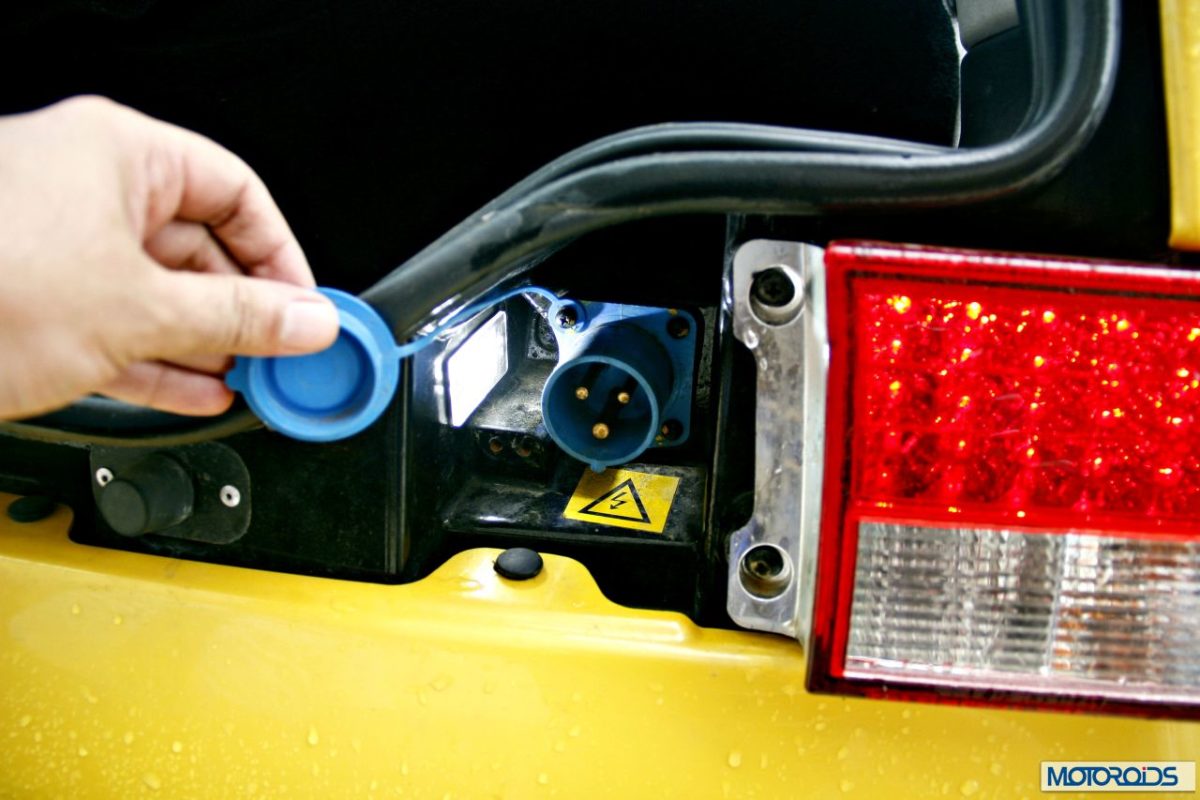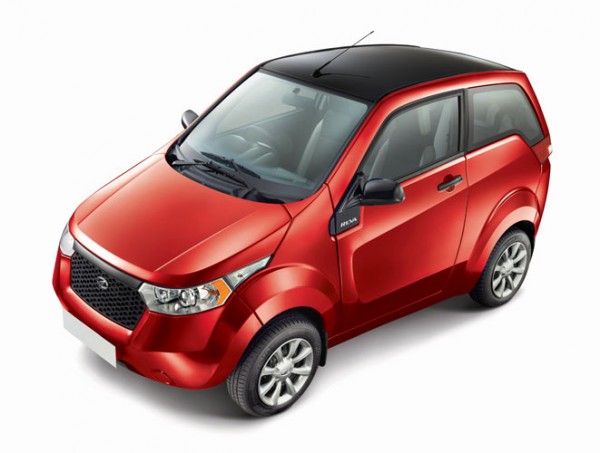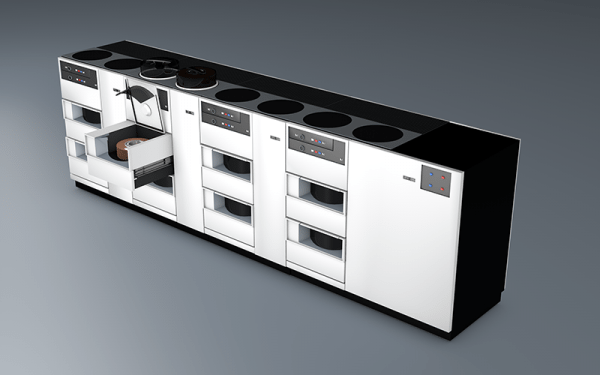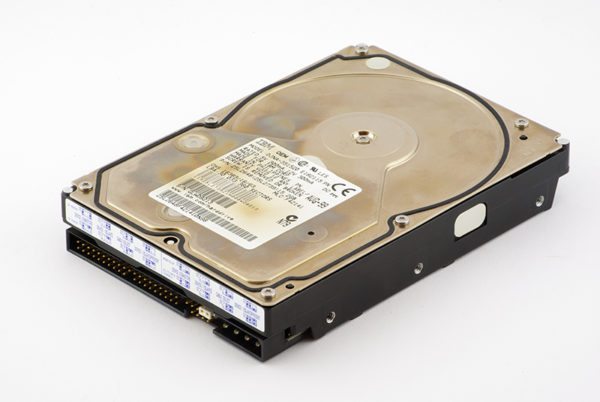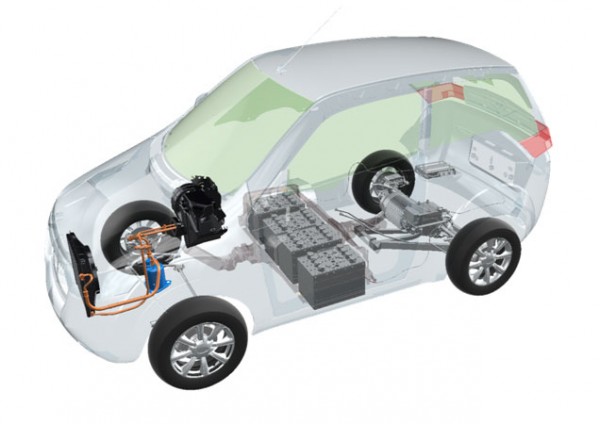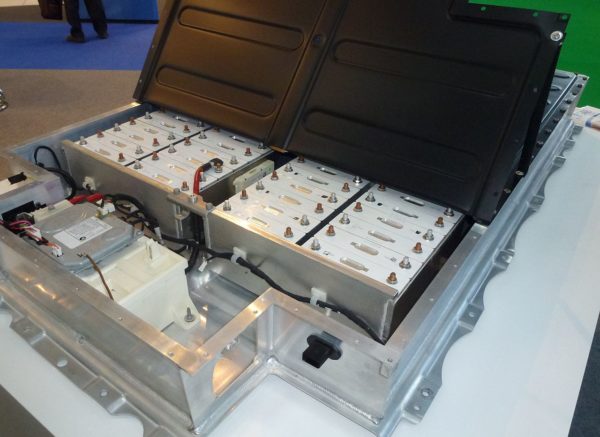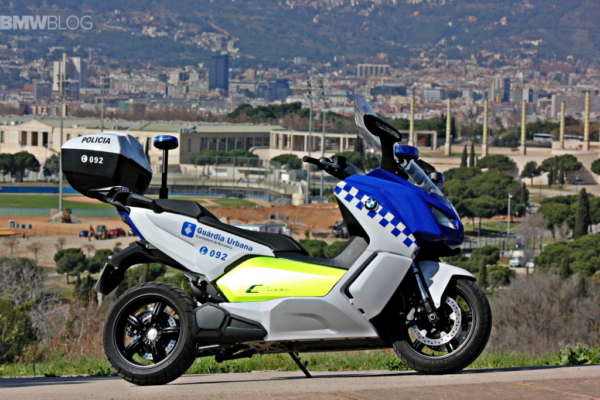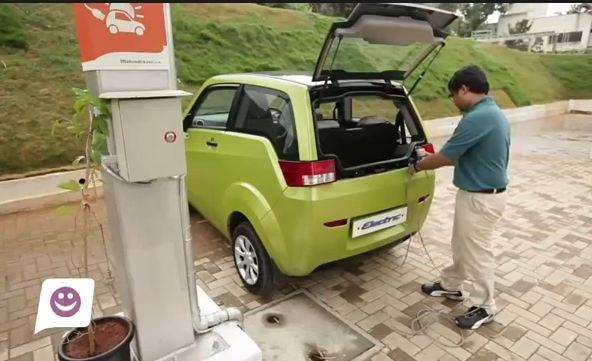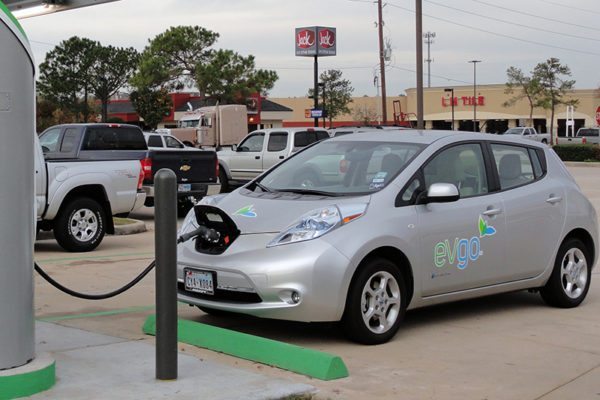From your laptop computers to mobile phones, portable multimedia devices to electric vehicles (EV), lithium-ion batteries have changed the face of modern battery-powered devices. Lithium-ion (Li-ion) batteries are not only safer than their alkaline or lead-acid counterparts, they are also more durable. Today, we have automobiles that are powered by lithium-ion batteries. However, these EVs aren’t a very common sight on Indian roads and there are still people who are blissfully unaware of such vehicles.
On Indian roads, electric vehicles are rarer than a horse carriage.
Another main barrier for EVs has often been their massive battery packs which are not only expensive, but also really heavy. Both of those aren’t great attributes, thus preventing their widespread use in India and other countries. However, according to an ex-IBM employee named Dr. Gurinder Pal Singh, lithium-ion batteries are an untapped source of energy for future vehicular transport in India. Dr. Singh hails from Patiala and graduated with M.Sc from Patiala. He completed his PhD from Tata Institute of Fundamental Research (TIFR) and went on to work for the the IBM Research Division, followed up by stints at Hitachi and Western Digital between 1984 and 2013. Dr. Singh recently moved to Punjab University to conduct his research on the future of this battery technology. In fact, during his period at IBM, he and his team led the way to the current day compact hard disk drives, which used to be the size of your household fridge.
These old storage devices were big and cumbersome…
…. until Dr. Singh and his team came along and made these smaller.
So if anyone can make the current day Li-ion batteries smaller and more automobile-friendly, Gurinder Pal Singh would probably be one of the best men for the job. Singh hopes to shrink the Li-ion batteries in today’s EVs more compact, leading to their wider acceptance within the automotive scene. Singh visions to hopes his compact Li-ion batteries will be manufactured in India, instead of importing them from abroad, as is the case for now. This would naturally lead to the cost of these batteries to fall and thus contribute to their chance of better proliferation within the auto industry in India.
Most EVs use Lithium-ion batteries (those grey boxes) to power their electric motor.
Dr. Singh believes that just as the team at IBM did, he can recreate the same story back in India. He has chosen Punjab University as his place of sanctity for his research and left his home in San Jose, California. His research will be dedicated to making these lithium batteries less bulky and even cheaper. This is the only way to make these powerhouses more viable and practical for automotive use.
Lithium-ion battery pack of a BMW i3.
The BMW i3’s Li-ion batteries are rated at 18.8kWh and can supply the hatchback with enough juice for a maximum range of 160 km (100 mi). Of course, you can have your i3 with a range extender kit (petrol engine) that will give you a total of 240 km (150 mi), but that defeats the purpose of an all-electric car. Also, as you can see in the above image, enduring as they may be, the i3’s batteries occupy a lot of space and are just as bulky as some of the other ones in the EV market. Apart from those hurdles, these batteries will be way too expensive to be used on a wider scale on more vehicles, especially in a cost-conscious market like India. According to Dr. Singh, lithium-ion batteries can be made even smaller and in fact, he reckons that they can be shrunk to a tenth of present size.
Singh’s proposed batteries may spawn some super-efficient electric two-wheelers.
One of his objectives is to not only make the current generation of Li-ion batteries smaller, but to also hike their energy retaining capacity. This means that more batteries can be fitted within the same area and that means more range. Dr. Singh aims to not only change the face of Indian road transportation, but also alter the way we treat our environment at present. According to ex-IBM employee, his study could eventually benefit everything from cars to auto-rickshaws. This would not only benefit mother nature, but also make travelling cheaper and more efficient. However, the man agrees that such a kind of transformation isn’t going to take place overnight, and that it will take the industry some time to catch up. India doesn’t yet have the infrastructure necessary for the prolific use electric vehicles. Unlike some western nations that have charging ports available just as easily as fuel stations, EV owners abroad don’t get stranded when the battery runs flat.
Commonality of such charging points is vital if Singh’s vision is to become a reality in India.
He agrees that normal charging stations available at only select locations won’t suffice. If long journeys are to be made on electric vehicles, one would require high-power charging ports which can fill up your EV with juice, ASAP. Due to the current infrastructure, such a matter of convenience wouldn’t make itself visible any time soon. To ensure lower costs and continued sustainability, Dr. Singh knows that it’s necessary to manufacture his proposed batteries in India, itself. That would mean lower costs at the consumer end and thus provide the economy of his idea a significant boost. We hope that Dr. Singh’s vision of a less polluted and cleaner mode of transportation in India takes off and we wish him the best of luck.
High-powered charging points such as this, are crucial if this idea is to work in India.
However, even if Dr. Singh succeeds in making these batteries smaller, would the average Joe in our country consider the prospect of buying an EV for his regular transport. Would the government take the necessary steps to promote Dr. Singh’s vision? We know we would, because the ramifications of his idea would literally change the way many of us travel from point A to point B. Tell us what you think of electric vehicles and their future in India and if you would ever consider buying one, instead of a petrol/diesel-powered vehicle.

